The Role of the Party Press in the Electoral Process and Political Communication (Based on the Example of the 2012 Parliamentary Campaign)
DOI https://doi.org/10.17721/2522-1272.2019.75.8
UDC 007:324:070(477)”2012”
The Role of the Party Press in the Electoral Process and Political Communication (Based on the Example of the 2012 Parliamentary Campaign)
Vitaliy Peresada, Postgraduate Student, Ivan Franko National University of Lviv
ABSTRACT
The article studies the role of party press in the electoral process and political communication based on the example of the elections toVerkhovna Rada of Ukraine in 2012.
The classical party and short-term party periodicals are analyzed according to thematic orientation, content of publications, political and ideological bias. In particular, such official print periodicals of the leading political organizations as Communist, Svoboda/Liberty, Vseukrainski Visti/All-Ukrainian News and the party short-term periodicals distributed during the 2012 parliamentary campaign, were examined.
The analysis of the party’s legal press and illegal press during the parliamentary election campaign is caused by a sharp increase of its circulation and titles, as well as by the renewed interest of a wide spectrum of recipients and future voters.
- Methods. The following general scientific research methods were used in the article: 1. Method of abstraction, which made it possible to determine the main categories of scientific work of mass communication direction: party periodicals, hidden party press, election periodicals, etc.
- The modeling method by which the role of party press in the election campaign was highlighted, which stipulated the influence on the voter’s final will.
- The method of analysis that provided a systematic study of the functional purpose of party periodicals in the election campaign.
- The method of induction and deduction, which contributed to a clearer definition of the party press role in information support of the election campaign.
The study also used a comparison method.
Results and conclusions. The study ascertained that in the 2012 election campaign, the party periodicals played a prominent role, which, however, was far from clear. Most of participants of the electoral process underestimated or neglected the importance of official party print media, focusing on the publications of alternative, cheap and primitive products (special issues, newsletters, etc.). Due to its bias, the party periodicals could not give the voters an objective idea of of electoral process and intra-party tendencies, all the more to form their conscious choices.
The electoral practice of party periodicals showed mass inadequacy in solving typical propaganda tasks (declarativism, populism, meeting rhetoric, emphasis on supplementary aspects, etc.). The wide spread practice of the 2012 election campaign was the use of unethical methods of cross-party competition (“jeans” and “smearpiece”) as well as the use of semi-legal and illegal publications for public opinion’ provocations and manipulations.
KEYWORDS: party periodicals; party newspaper; party; election campaign.
75_8[download url=”http://www.scientific-notes.com/wp-content/uploads/2020/01/75_8.pdf” title=”Link to the article’s PDF-file”]
